Welcome Abigail. First of all, congratulations on being runner-up in the inaugural 2019 CWIP Prize for an Unpublished Novel but also Happiest of Publication Days to you! The Lonely Fajita is out as an ebook today with audiobook and paperback following later this year.
You’ve had quite a year. Can you give us an idea of what it’s been like? Is it everything you imagined it would be, or have there been any surprises along the way?
Oh man, it has been full of wonderful surprises! Every time my inbox has pinged with A Good Email, I’ve spent the next few hours wondering if I’ll receive a follow-up saying ‘Sorry, wrong person!’ Ever since I was long-listed for the CWIP Prize, I’ve felt like my approach to writing has been turbo-charged. Each week that has gone by, I’ve felt more and more confident about calling myself an author and feeling part of the comedy scene. The community of supportive readers and writers that I’ve found in the past year has been unexpectedly lovely – everyone seems to cheerlead everyone else and upholds the idea that there’s room at the table for everyone.
How/when did you first hear about the Comedy Women in Print prize?
I know the exact time and date I found out about it, because I took a screenshot of a tweet announcing that the prize was open for entries and half thought: ‘hmmm, that seems like a good fit. I’ll come back to that!’ November 16th 2018, at 3:48pm in the afternoon!
Did you use the prize as a deadline to finish writing The Lonely Fajita or did you decide to write the book so that you could enter?
Yes, I did! I spent a year planning a historical novel set in the late Georgian period, but when I came to write it, nothing happened – it was like wading through treacle trying to get the words down. I asked my mum what kind of book she could imagine me writing and she said ‘something comedy-ish,’ so I plotted a new idea and planned to finish my first draft in time to submit it into the CWIP Prize. Luckily, the first submission was only the first three chapters, so I furiously spent the next month polishing the whole manuscript just in case I was asked for the rest. Without the deadline, I think I would have spent the best part of two years dipping in and out of it, umm-ing and ahh-ing.
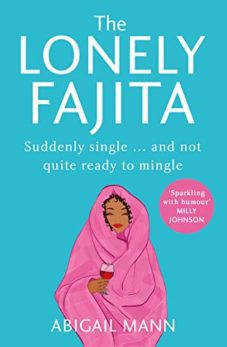 Can you tell us what The Lonely Fajita is about in one or two sentences?
Can you tell us what The Lonely Fajita is about in one or two sentences?
*clears throat*
The Lonely Fajita is a feel-good story about when Tinder and geriatric love collide. It follows the story of Elissa, who moves in with sweary pensioner Annie after signing up to a live-in home companionship scheme. After a strained start, the two women develop an unlikely friendship and where they teach each other how to how to find a less isolated way to live.
Which character arrived first – Elissa or Annie, or a different one altogether?
Elissa came first, and like a lot of protagonists, she’s 30% me, 30% people I know, and the rest made up. I wanted to explore how someone like Elissa, who often second guesses herself, would fare when thrown together with Annie, who is forthright and infuriatingly stubborn. They both had a clear sense of direction, so writing scenes where they were both together came easily, like commentating a tennis match.
Where does the humour come from in The Lonely Fajita? And how do you know when it’s working?
Gah, such a hard question! A lot of my humour is observational or comes through framing a thought in a slightly left-of-field way. If I read it back and it makes me laugh, I know it’s worked for me. The real test is whether someone else finds it funny, as the two don’t always match up! Basically, if I have to explain why someone should laugh, it hasn’t worked and has to come out of the manuscript! As I write in first person present tense, humorous moments often rely on the rhythm of my protagonist’s words to make lines tight and the comedy sharp.
Whose writing makes you laugh? Can you read (comic) novels while writing your own? Which funny book do you wish you’d written?
I HAVE to read funny writing when I’m writing, otherwise it affects the tone of what I get down on paper each day! Last year, I read a crime novel whilst writing The Lonely Fajita and everything got dark very quickly. Nina Stibbe’s Paradise Lodge is brilliant – that book ripples with wry, observational comedy. Anything by Mhairi McFarlane makes me laugh and the Aisling books by Emer McLysaught and Sarah Breen are, as the Irish would say, a riot.
Can you tell us what your writing day looks like?
I can’t write in bed, because it’s too comfy and I want to fall asleep again, so I get up, start with a cup of tea to scan through emails, then turbo charge with coffee and open up my manuscript. I have a big floppy notebook that has the perfect line height ratio – v. important – and scribble things down on a post-it note if I want to come back to an idea a bit later. I’m terrible at getting distracted. One minute I’m looking up the time a taxi journey would take from Marylebone to Hampstead, and next minute I’m going through the ancestral line of North Korean dictators on Wikipedia. I have to block the internet and work in fifty minute chunks to keep things on track.
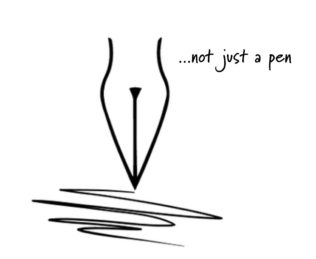 How different would your life be now, if you hadn’t entered the CWIP Prize last year?
How different would your life be now, if you hadn’t entered the CWIP Prize last year?
I’d still be faffing about with a half-written manuscript, I think. I was so focussed on getting it into the prize that I didn’t allow myself to pause for long, so self-doubt didn’t get much of a chance to take root. Don’t get me wrong – there’s been masses of self-doubt since! – but the prize was a clear pin on the dartboard.
And what advice would you give to anyone thinking of entering next year’s CWIP Prize?
Keep going until you’re at the end of your first draft – no looking back! If you’re writing the kind of book you want to read and it makes you smile, you’re doing the exact right thing.
What are you writing next? Can you tell us anything about it?
I’m in the middle of a structural edit for my second novel, which is a verrrrrrry tricky stage of the book. It’s a bit like trying to plait slippery strands of spaghetti, but half of it’s on the floor or stuck to the bottom of the saucepan. The book involves a home DNA testing kit and a remote village in the Scottish Highlands. That’s as much as I can say at this point!
Thanks so much to Abigail for taking the time to answer my questions. She’s also on the CWIP blog today answering some of Helen Lederer’s much funnier questions, so be sure to pop over there and have a read. You can also read my review of The Lonely Fajita here. The blog tour runs from 11 – 15 May and all the stops are listed below:
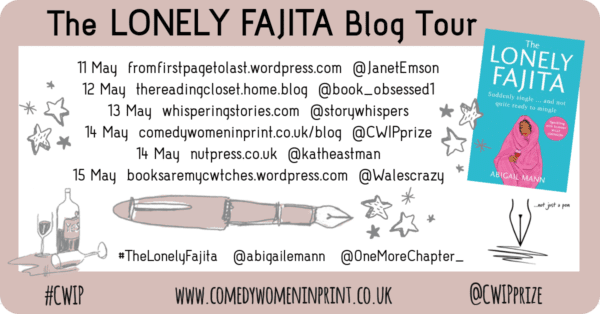
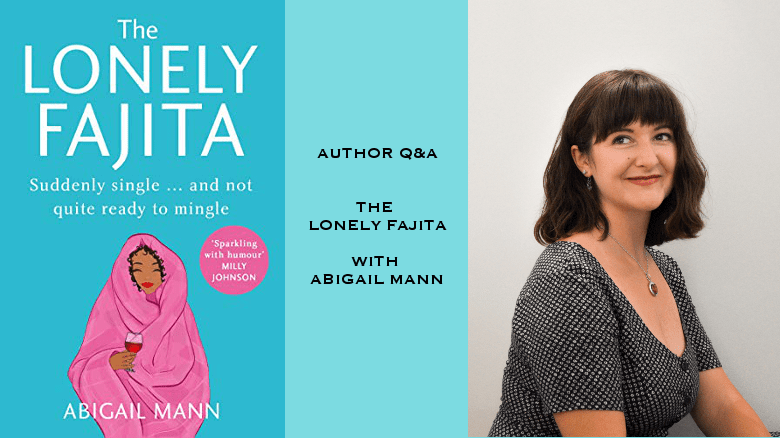

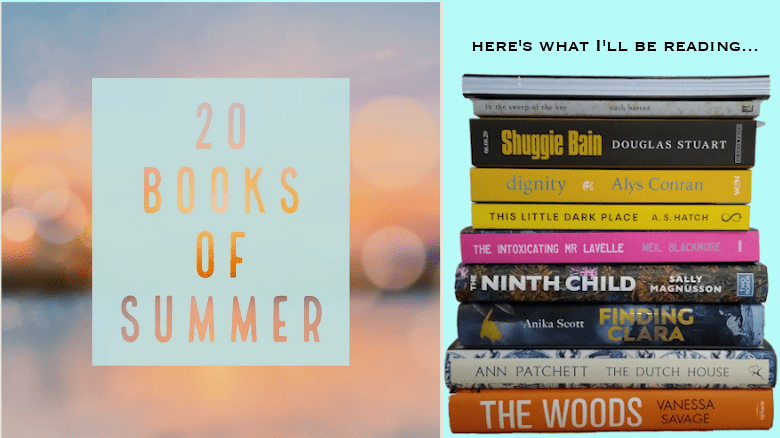
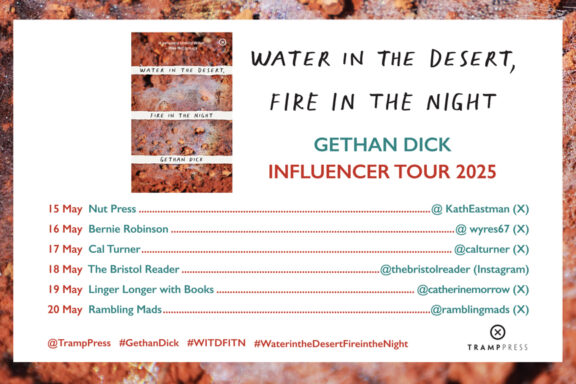
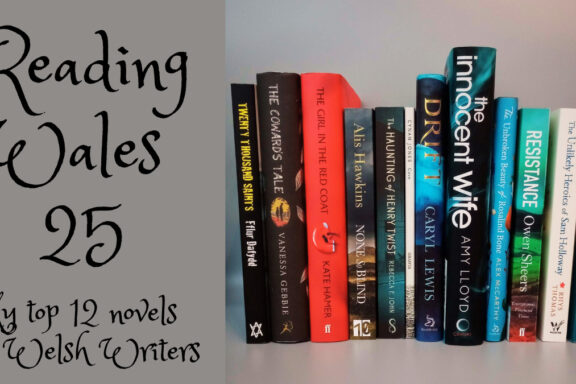
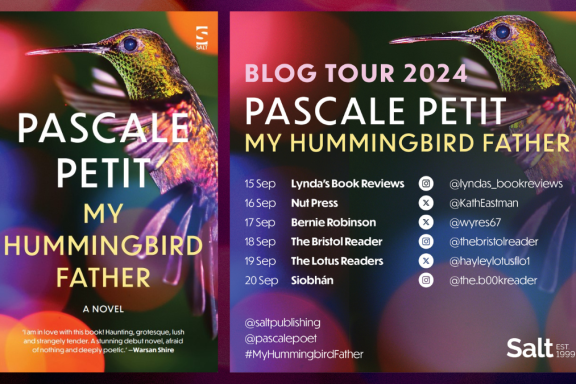
1 Comment